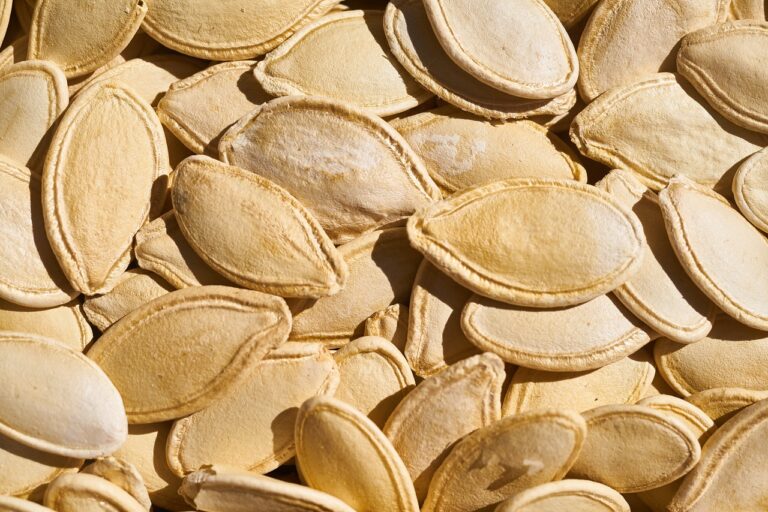Tips for Managing Pemphigoid Gestationis
cricketbets999.com login, 11xplay reddy login, betbhai 9.com:Pemphigoid Gestationis is a rare autoimmune disorder that occurs during pregnancy, causing an itchy rash and blistering on the skin. It can be a challenging condition to manage, but with the right approach, you can alleviate symptoms and ensure a healthy pregnancy. In this article, we will discuss some tips for managing Pemphigoid Gestationis and navigating through this condition during pregnancy.
Understanding Pemphigoid Gestationis
Before diving into management tips, it’s essential to understand what Pemphigoid Gestationis is and how it affects pregnant women. This condition, also known as herpes gestationis, is an autoimmune blistering disorder that typically occurs in the second or third trimester of pregnancy.
The exact cause of Pemphigoid Gestationis is unknown, but it is believed to be triggered by hormonal changes during pregnancy. Symptoms include itchy, red bumps that develop into blisters on the abdomen, arms, legs, and other parts of the body.
While Pemphigoid Gestationis can be uncomfortable and irritating, it is not harmful to the baby. However, it is essential to manage the condition to prevent complications and ensure a healthy pregnancy.
Tips for Managing Pemphigoid Gestationis
1. Consult with a Dermatologist
If you suspect you have Pemphigoid Gestationis or have been diagnosed with the condition, it’s crucial to consult with a dermatologist who has experience in treating autoimmune disorders. They can provide you with the appropriate treatment plan and monitor your progress throughout your pregnancy.
2. Use Medications as Prescribed
Your dermatologist may prescribe topical or oral medications to manage the symptoms of Pemphigoid Gestationis. It’s essential to use these medications as prescribed and follow your doctor’s instructions carefully. Avoid self-medicating or changing the dosage without consulting your healthcare provider.
3. Keep Your Skin Hydrated
Moisturizing your skin regularly can help alleviate itching and prevent dryness associated with Pemphigoid Gestationis. Choose a gentle, fragrance-free moisturizer and apply it generously to affected areas after bathing.
4. Avoid Triggers
Certain factors can trigger flare-ups of Pemphigoid Gestationis, such as stress, heat, and certain medications. Try to identify your triggers and avoid them as much as possible to minimize symptoms.
5. Wear Loose-Fitting Clothing
To prevent irritation and friction on your skin, opt for loose-fitting clothing made of soft, breathable fabrics. Avoid tight clothing that can rub against your skin and worsen your symptoms.
6. Practice Good Sun Protection
Exposure to sunlight can exacerbate the symptoms of Pemphigoid Gestationis. Wear protective clothing, such as wide-brimmed hats and long sleeves, and use a broad-spectrum sunscreen with a high SPF to shield your skin from harmful UV rays.
7. Stay Hydrated
Drinking plenty of water can help keep your skin hydrated and improve its overall health. Aim to drink at least eight glasses of water a day to maintain optimal hydration levels.
8. Follow a Healthy Diet
Eating a balanced diet rich in fruits, vegetables, lean proteins, and whole grains can support your skin health and boost your immune system. Avoid trigger foods that can worsen inflammation and opt for nutrient-dense options to promote healing.
9. Manage Stress
Stress can exacerbate autoimmune conditions like Pemphigoid Gestationis. Practice stress-reducing techniques such as deep breathing, meditation, yoga, or gentle exercise to promote relaxation and alleviate symptoms.
10. Monitor Your Symptoms
Keep track of your symptoms and any changes in your condition. Note any new blisters, itching, or discomfort and report them to your dermatologist promptly. Regular monitoring can help detect complications early and ensure timely intervention.
FAQs:
Q: Can Pemphigoid Gestationis harm my baby?
A: Pemphigoid Gestationis does not typically harm the baby, but it can be uncomfortable for the mother. It’s essential to manage the condition to prevent complications and ensure a healthy pregnancy.
Q: Will Pemphigoid Gestationis go away after childbirth?
A: In most cases, Pemphigoid Gestationis resolves on its own after childbirth. However, some women may experience a flare-up of symptoms postpartum. It’s essential to continue monitoring your condition and seeking treatment if needed.
Q: Can I breastfeed if I have Pemphigoid Gestationis?
A: Yes, breastfeeding is safe for women with Pemphigoid Gestationis. However, some medications used to treat the condition may pass into breast milk, so consult with your healthcare provider before breastfeeding.
In conclusion, managing Pemphigoid Gestationis during pregnancy can be challenging, but with the right approach, you can alleviate symptoms and ensure a healthy outcome for you and your baby. Consult with your healthcare provider, follow a treatment plan, and implement lifestyle changes to support your skin health and overall well-being. By staying informed and proactive, you can navigate through this condition successfully and enjoy a smooth pregnancy journey.







